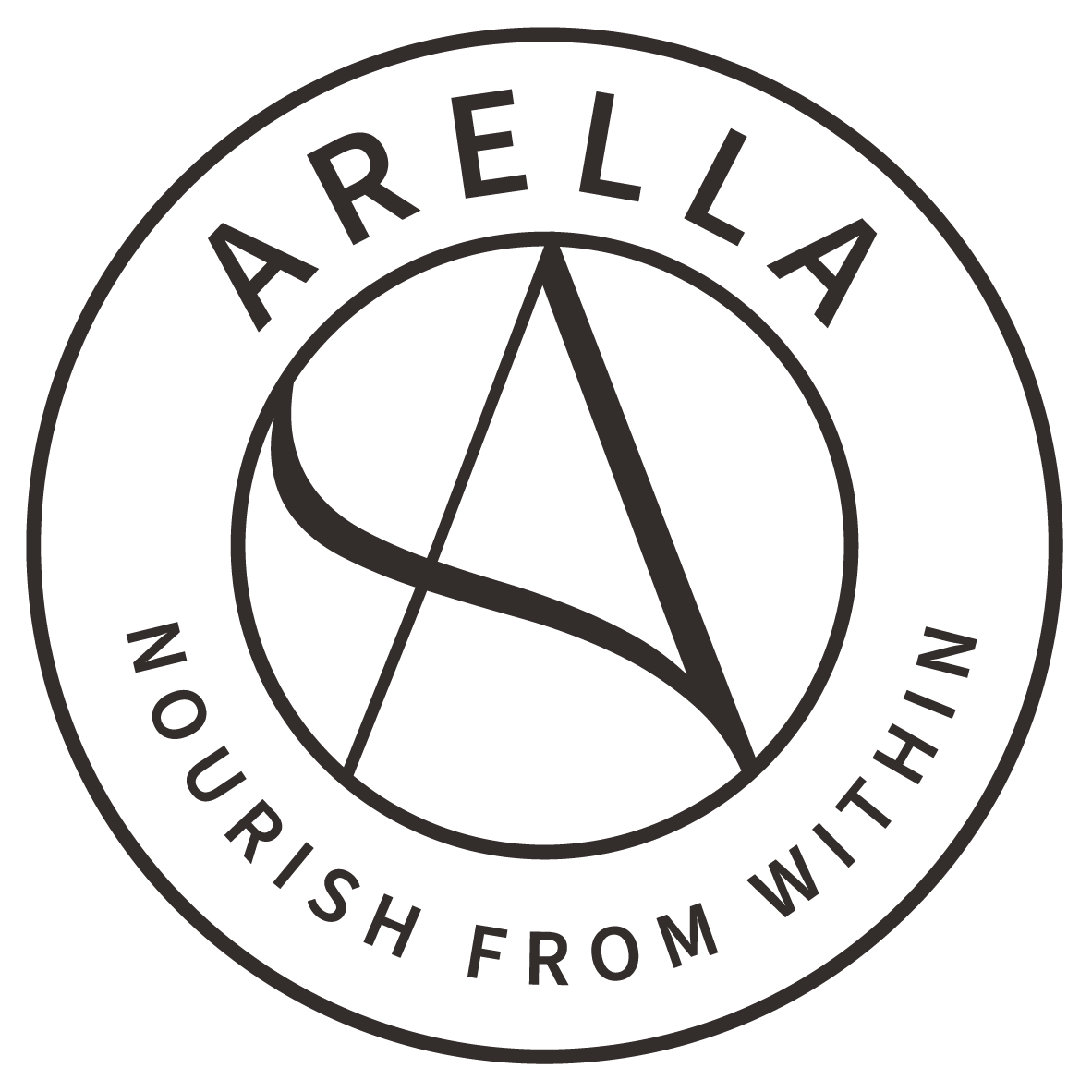If you're just starting your collagen journey, you may feel a little overwhelmed by just how many options there are.
Some products come from cows or fish, while others are completely plant-based and work with the body in a different way.
When you’re trying to choose what’s right for you, it helps to understand how each type is made, how it behaves in the body, and what the research actually tells us.
Animal-based collagen has been around for a long time, but it doesn’t suit everyone.

Many prefer a plant-based collagen supplement because it feels cleaner, aligns with their values, or simply agrees better with their body.
The two forms are not structurally the same, and that difference plays a big role in how they function.
Here, we’ll look at how both forms are made and the structural differences that shape how they work, so you can choose a collagen that feels right for you and your daily routine.
What is Bovine Collagen Made From?
Bovine collagen is made from cow hides, bones, and other connective tissues.
These parts are processed to extract the collagen, which is then broken down into smaller peptides so the body can absorb it more easily.
This is the form you’ll see in most standard collagen powders and capsules.
Bovine collagen contains its own versions of Type I and Type III collagen. These are similar to human collagen but not identical, which is why some people look for alternatives.
Although bovine collagen has been used in supplements for many years, it does come with a few considerations.
As it’s sourced from cows, it isn’t suitable for vegans or vegetarians, and some people prefer to avoid products linked to the beef industry for ethical or environmental reasons.
There are also concerns around farming practices, hormone and antibiotic exposure in cattle, and the general traceability of animal by-products used in supplements.
Quality can vary widely between brands, and lower-grade products may carry a higher risk of impurities or inconsistent peptide profiles.
These factors lead many people to explore plant-based collagen as a cleaner, more comfortable option that avoids the uncertainties that can come with animal-derived ingredients.
Plant-Based vs Animal-Based Collagen: The Key Differences
Looking at how bovine and plant-based collagen differ can help you decide which option aligns better with your needs, values, and the kind of support you want from a daily supplement.
Source and Suitability
Bovine collagen comes from animal by-products, which naturally limits who it’s suitable for.
Anyone following a vegan or vegetarian lifestyle, or those who prefer to avoid animal-derived supplements, will usually look for an alternative.
There are also people who feel more comfortable choosing options that don’t rely on the cattle industry, whether for ethical, environmental, or personal health reasons.
Plant-based collagen works differently and offers a fully vegan-friendly route.
Because it doesn’t involve animal materials, it aligns well with people who value sustainable sourcing, want to minimise their use of animal-derived ingredients, or simply feel better choosing a supplement that fits their wider lifestyle and wellbeing choices.
Structure and Biological Match
Bovine collagen contains its own versions of Type I and Type III collagen. These share similarities with human collagen but are not identical, as their structure is designed for cows, not humans.
The body still breaks them down into peptides, but they do not replicate human Type I collagen exactly.
Plant-based biomimetic collagen is designed to mirror the amino acid structure of human Type I collagen, offering a vegan alternative that aligns closely with how the body naturally builds and maintains its own collagen.
This approach avoids the structural differences found in bovine collagen, which comes from a different species and therefore can’t provide an identical match.
Arella’s plant-based collagen is formulated to identically match human Type I collagen - something bovine collagen cannot achieve.
This gives you a vegan-friendly option that reflects the structure your body recognises, without relying on any animal ingredients.
Bioavailability and Scientific Evidence
Bovine collagen has been included in research for longer simply because it has been on the market for more years.
Some studies have reported improvements in areas like hydration and elasticity, but these findings relate to general collagen peptide use rather than bovine collagen being a superior match for human collagen.
Plant-based collagen research is more recent, but it’s moving forward quickly, especially in the area of biomimetic formulations.
Early studies on vegan collagen designed to reflect human Type I collagen have shown meaningful improvements in hydration, elasticity, and collagen density.
This newer research is particularly relevant because these formulas are created to align with human collagen structure, rather than relying on peptides from a different species.
As with any supplement, results depend on the overall formulation and how consistently it’s taken, but for many people, the combination of structural alignment, ethical sourcing, and digestive comfort makes plant-based collagen the more appealing choice.
Environmental and Ethical Considerations
Bovine collagen is tied to the cattle industry, which raises familiar concerns around animal welfare, land and water use, environmental footprint, and farming practices.
Some people prefer to limit their reliance on bovine-derived products for these reasons.
Plant-based collagen avoids animal agriculture entirely. This makes it a popular option for people seeking a supplement that supports their wellbeing while also aligning with more sustainable or cruelty-free values.
Taste, Smell, and Everyday Experience
Some bovine collagen powders have a noticeable taste or smell, even when labelled as unflavoured.
This can make them harder to include in a daily routine, especially for people sensitive to flavour.
Plant-based formulations tend to have a gentler taste and mix easily into drinks, smoothies, or plant milks.
For many, this makes it easier to take consistently, an important factor when looking for long-term results.
Our collagen is an easy-to-take liquid shot, infused with Japanese Plum for a sweet taste that doesn’t need to be mixed or masked.

What Is the Healthiest Collagen to Take?
When we talk about the “healthiest” collagen, we’re looking at the option that supports the body effectively, is safe to use long-term, and fits well with an individual’s dietary and ethical choices.
Healthy in this context includes things like ingredient quality, structural compatibility, digestibility, and how comfortably a supplement fits into someone’s wider wellbeing routine.
Bovine collagen has been available for a long time, but it isn’t always the preferred choice.
Its structure differs from human Type I collagen, and some people choose to avoid bovine ingredients because of the digestion, lifestyle, environmental, or ethical concerns we outlined above.
Plant-based collagen offers a different direction. Biomimetic formulas are created to reflect human Type I collagen, giving the body the building blocks it recognises without relying on animal tissues.
This can feel like a cleaner, more reassuring choice, especially for those who want a vegan-friendly supplement or who prefer ingredients with simpler sourcing and fewer animal-related considerations.
For many people, this combination - structural compatibility, ethical alignment, digestive comfort, and transparent sourcing - is what makes plant-based collagen the best option overall.
It offers support without the concerns that sometimes come with animal-derived products.
And, as with any supplement, collagen works best when it’s part of a balanced routine that includes nourishing food, hydration, movement, rest, and supportive daily habits.
These factors always play a central role in how healthy and effective any approach feels.
Read the differences between marine and plant-based collagen next.

Final Thoughts
Choosing a collagen supplement comes down to finding something that feels right for your body and sits comfortably with your values.
For many people, this means looking beyond traditional bovine options and choosing a source that feels cleaner, more ethical, and more aligned with a balanced approach to wellbeing.
Plant-based biomimetic collagen offers that alternative. It avoids animal-derived ingredients and is created to mirror human Type I collagen, giving you support without the structural differences that come with bovine collagen.
This makes it a natural fit for anyone who wants a gentle, vegan-friendly option with thoughtful sourcing and a focus on long-term health.
Arella’s collagen has been developed with these principles in mind - a plant-based formula designed to match human Type I collagen and sit comfortably within a supportive daily routine.
Whichever option you choose, consistency matters. Pairing your supplement with nourishing food, hydration, movement, and rest will help you get the most from your efforts.
Supporting your body in small, steady ways adds up, and your wellbeing always deserves that kind of care.
Have more questions around plant-based collagen and how our supplements can support you? Get in touch.
FAQs
Is vegan collagen as effective as animal collagen?
Vegan collagen can be highly effective when it uses a biomimetic formula designed to match human collagen structure.
Arella’s plant-based collagen identically matches human Type I collagen, which is something bovine collagen cannot do.
Can vegans take collagen supplements?
Yes. Vegan collagen supplements are created without any animal-derived ingredients. Biomimetic formulas are designed to work with the body’s natural collagen pathways and provide a fully plant-based alternative. Always check the label to make sure the product is genuinely vegan and not simply “collagen-supporting.”
Why can’t bovine collagen identically match human Type I collagen?
As bovine collagen comes from cows, its amino acid sequence and structure are different from human Type I collagen. It may share similarities, but it will never be an identical match.





